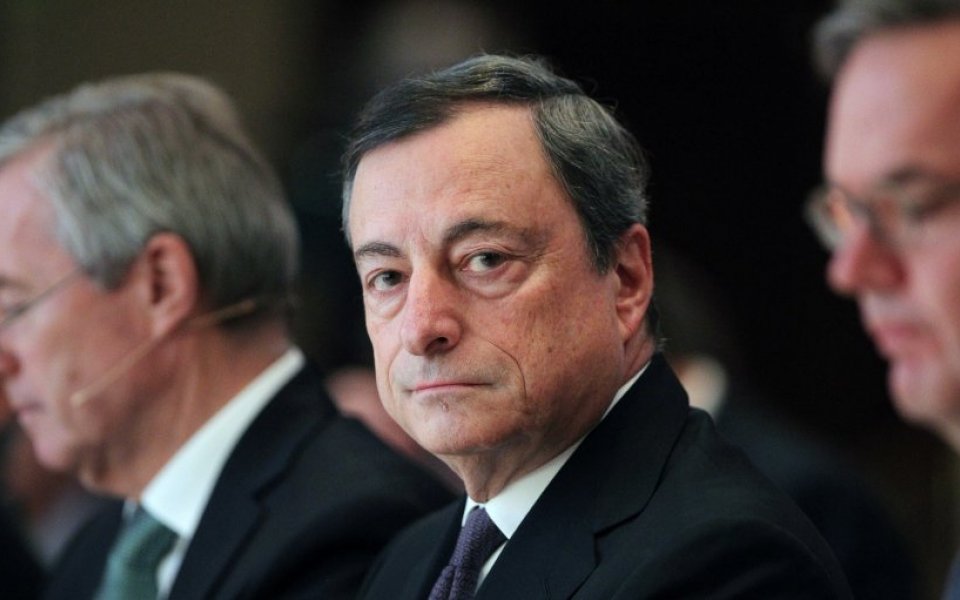Eurozone economy: Mario Draghi is doing his utmost to make the public believe that QE has not failed – but the damage caused by this pampering of banks could be beyond repair

In front of a professional audience, the President of the ECB Mario Draghi could not totally deny the facts.
For the time being, the public sector purchase programme (PSPP) has neither led to sustained growth nor to the targeted inflation rate of two per cent. That is why he had to admit that the process of economic repair in the Euro area remains incomplete.
However, Draghi claimed the effectiveness of the assets purchase programme and asserted that bank lending to the real economy had made a breakthrough.
Read more: Draghi hammers home need for closer Eurozone integration
It's embarrassing enough that in the southern countries of the Eurozone, especially in Italy, corporate bank lending continues to be a major obstacle whereas competitive countries’ access to finance is no problem at all.
In particular, medium sized companies in Germany are swimming in liquidity due to years of continued prosperity.
But instead of calling into question the logic of QE, Draghi presents a classic example of a prisoner dilemma.
He argues under the pretext of raising the inflation rate to two per cent, more QE would be needed. The December session of the ECB governing council will show whether the representatives of the competitive countries will allow Draghi the face-saving manoeuvre of reinforcing QE to conceal from the public that the Franco-Italian tandem has led the ECB into a historic trap.
Never before have such financially extravagant and legally contested measures been taken, to bring about so little effect in terms of corporate lending and growth.
Instead of undertaking discretionary pampering of banks, the ECB as a regulatory authority should take the more courageous course of deterring banks from purchasing government bonds and incentivise them to revive their lending practice.
If in the December session the opposition within the ECB council is again outvoted, the damage generated by a second ECB QE programme might be beyond repair.